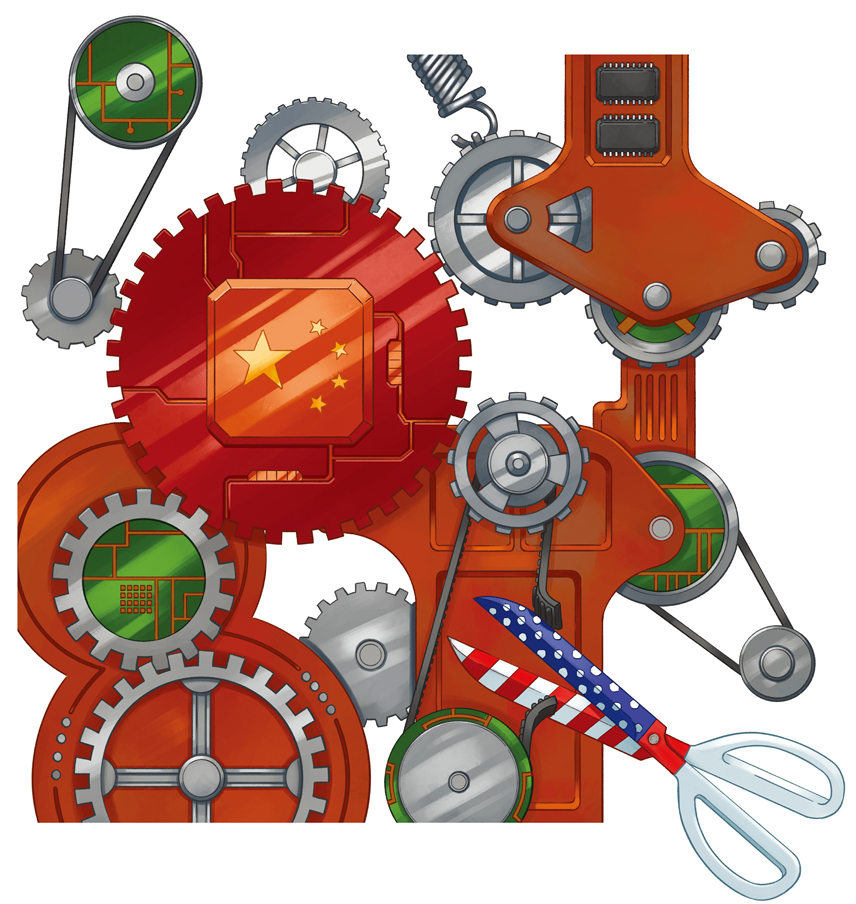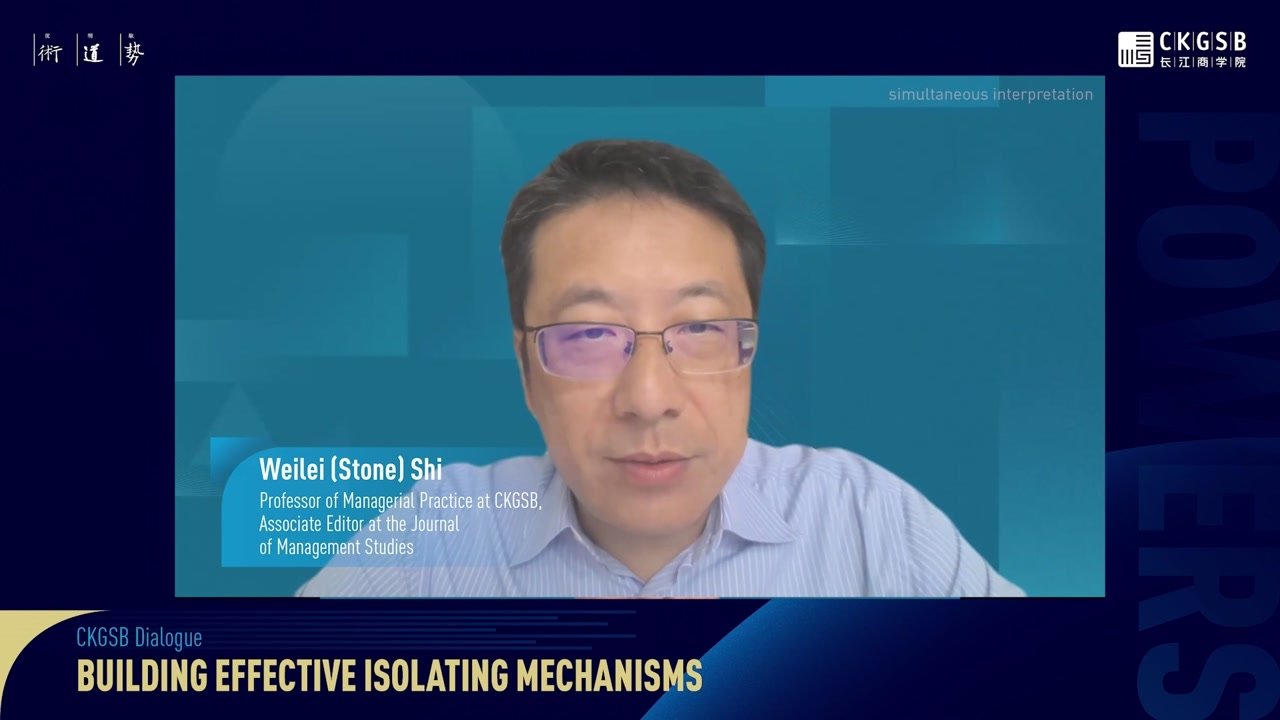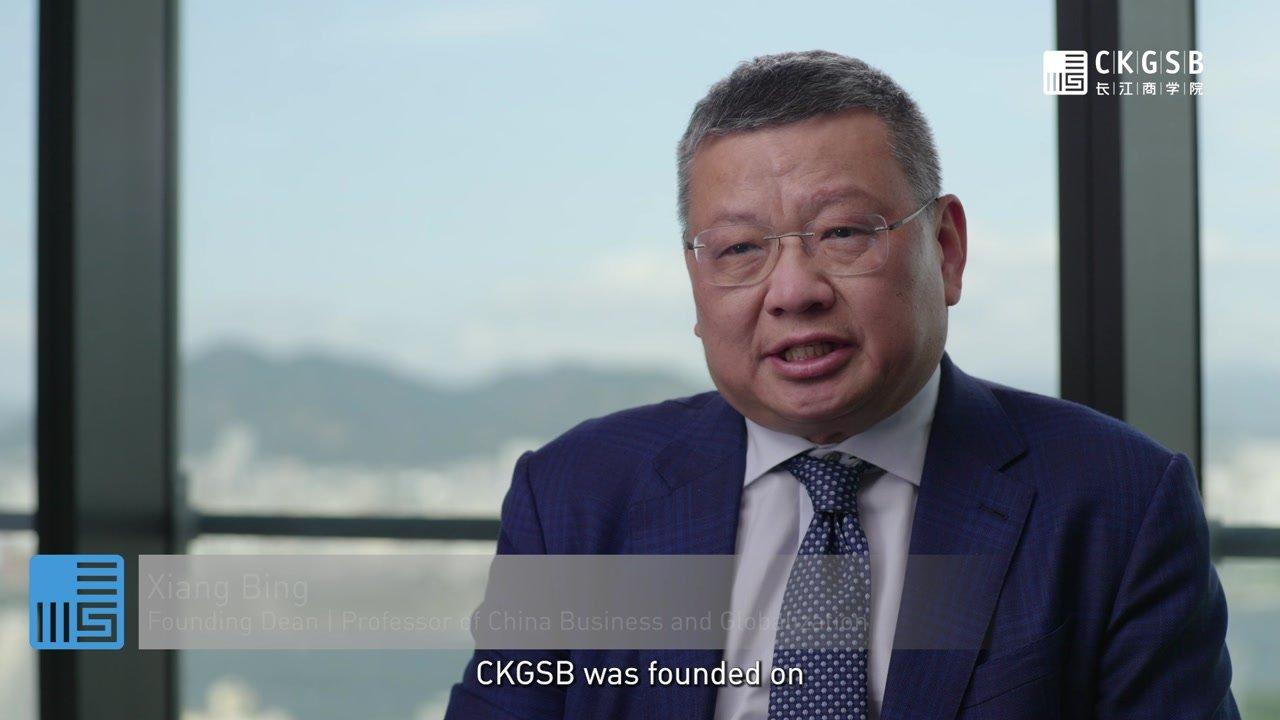Chipping away
China’s semiconductor industry is faced with dwindling access to equipment and products. How can the…
Economic Refurbishment
China’s economy is facing headwinds and there is a growing feeling that reforms are needed,…
Meeting in the middle
The financial and political relationship between the Middle Kingdom and the Middle East is growing,…
What’s on the menu?
China’s F&B industry is booming, with creative new products and services springing up, catering to…

PROFESSOR ANALYSIS
See More

CKGSB Publication
Unleashing Innovation: Ten Cases from China on Digital Strategy and Market Expansion
Unleashing Innovation: Ten Cases from China on Digital Strategy and Market Expansion tells the stories behind eleven remarkable companies in China, including Chinese companies and global MNCs, leading the way in tech innovation and international expansion.
Discover





























